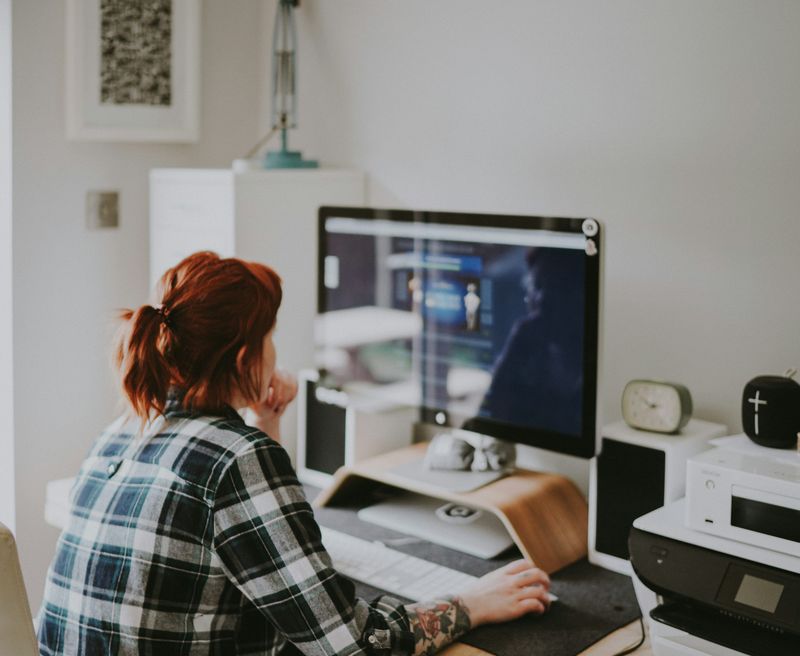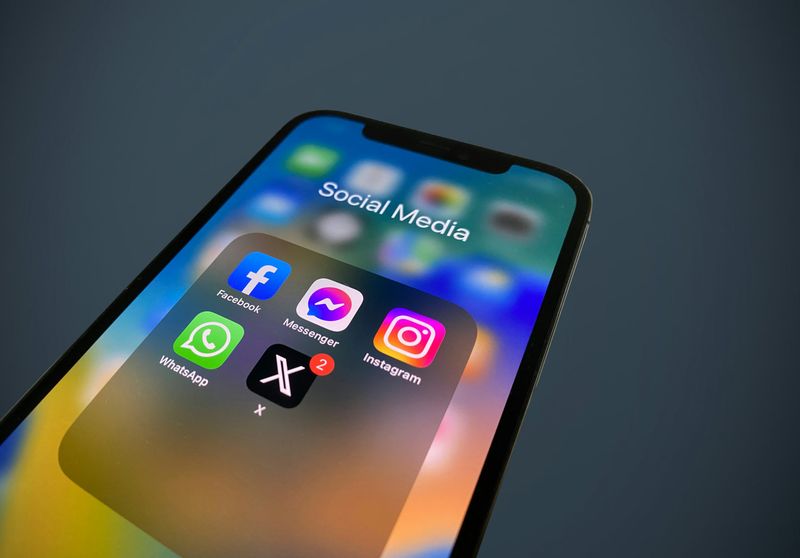Feeling tired, stressed, or overwhelmed by your phone, computer, or tablet? You might be experiencing digital burnout—a real condition that happens when we spend too much time staring at screens. Between school, homework, social media, and entertainment, our devices can drain our energy and make us feel exhausted. Fortunately, experts have discovered simple habits that can help you recharge, feel better, and build a healthier relationship with technology.
1. Schedule Regular Screen Breaks

Your eyes weren’t designed to stare at glowing screens all day long. Experts recommend following the 20-20-20 rule: every 20 minutes, look at something 20 feet away for at least 20 seconds. This simple trick gives your eyes a much-needed rest and helps prevent headaches and eye strain.
Beyond eye care, taking short breaks every hour to stretch, walk around, or grab a healthy snack can work wonders. Movement gets your blood flowing and refreshes your brain, making it easier to focus when you return to your screen.
Building these breaks into your routine might feel awkward at first, but soon they’ll become second nature and you’ll notice the difference in how you feel.
2. Prioritize Sleep and Rest

Sleep is like hitting the reset button on your brain and body. When you’re burned out from too much screen time, getting 7-9 hours of quality sleep becomes even more important. Your brain needs this time to process information, repair itself, and prepare for the next day.
Creating a relaxing bedtime routine can transform your sleep quality. Try reading a physical book, practicing deep breathing, or listening to calm music instead of scrolling through your phone. Keep devices out of your bedroom if possible—the blue light from screens tricks your brain into staying awake.
Good sleep habits help you wake up feeling refreshed and ready to handle whatever comes your way.
3. Engage in Physical Activity

Moving your body is one of the most powerful weapons against digital burnout. Research shows that combining 25 minutes of moderate-to-vigorous activity with 30-60 minutes of light activity daily can slash your burnout risk by an impressive 62 percent. That’s huge!
Exercise doesn’t mean you need to become a gym rat. Dancing in your room, riding your bike, playing sports with friends, or even walking your dog all count. Physical activity releases feel-good chemicals in your brain called endorphins that naturally boost your mood and energy levels.
When you’re feeling drained from too much screen time, getting active can flip your whole day around.
4. Set Boundaries for Screen Time

Did you know your brain needs actual breaks from the constant notifications, messages, and updates? Creating device-free zones and times helps you reclaim control over your attention and energy. Maybe your bedroom stays phone-free after 9 PM, or perhaps dinner time means everyone’s devices get parked in another room.
Setting these boundaries might feel difficult initially, especially when you’re used to constant connectivity. Start small—try one device-free hour each evening and gradually expand from there. You’ll be amazed at how much more present and relaxed you feel.
Remember, you control your devices; they shouldn’t control you.
5. Practice Mindfulness and Relaxation Techniques

When your mind feels scattered from constant digital stimulation, mindfulness practices can help you find your center again. Techniques like deep breathing, meditation, or progressive muscle relaxation teach your nervous system to calm down and reset. Even five minutes can make a noticeable difference in your stress levels.
You don’t need special equipment or training to start. Simply sitting quietly and focusing on your breath counts as mindfulness. Apps designed for meditation can guide you, but ironically, you don’t need technology to practice these ancient stress-busting techniques.
Regular practice helps build mental resilience, making you less vulnerable to burnout in the first place.
6. Break Tasks into Manageable Steps

Staring at a huge project or assignment can trigger that overwhelming feeling that contributes to burnout. Instead of tackling everything at once, experts suggest chunking big tasks into smaller, bite-sized pieces. This approach makes work feel less intimidating and helps you maintain motivation throughout.
For example, rather than “finish entire science project,” break it down: research topic, create outline, write introduction, and so on. Completing each small step gives you a sense of accomplishment and keeps you moving forward. This method prevents the paralysis that happens when everything feels too big to handle.
Celebrate those small wins—they add up to major progress!
7. Disconnect from Social Media

Social media can be fun, but constant scrolling, comparing yourself to others, and keeping up with everyone’s highlight reel drains your mental battery fast. Taking periodic breaks from social platforms—whether for a day, weekend, or longer—gives your mind space to breathe and recover from information overload.
During your social media detox, you might discover hobbies you’d forgotten about or realize how much time you’ve been spending in the digital world. Many people report feeling lighter, less anxious, and more creative after stepping away from their feeds for a while.
Your worth isn’t measured by likes, comments, or followers anyway.

Comments
Loading…